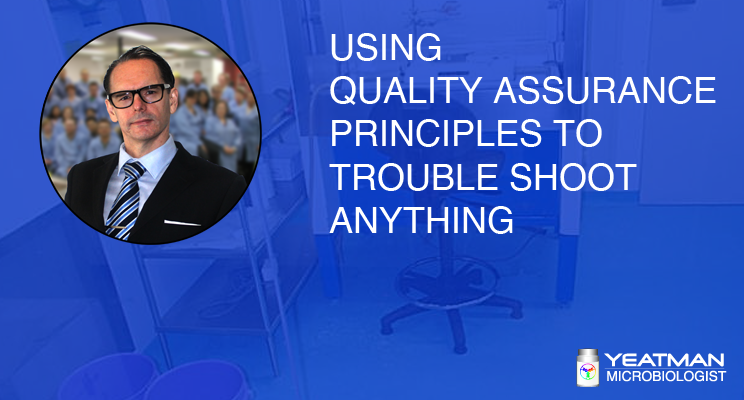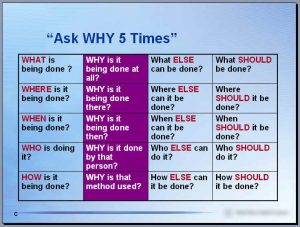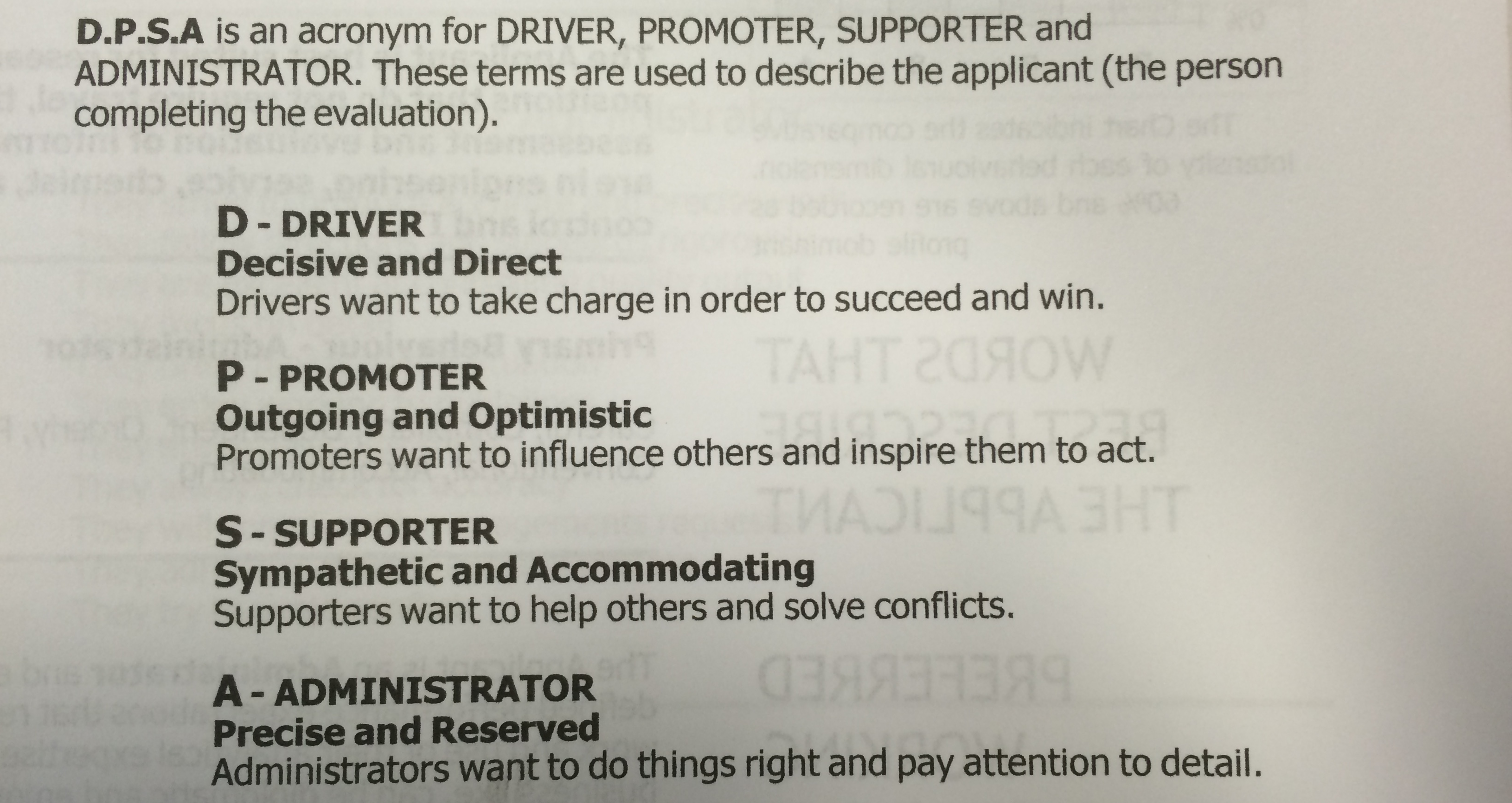Part of my Life in the Lab Series.
Here I summarise what each of my scientific roles have entailed.
As a Microbiology Officer, what does the day entail?
08:30 hrs – Start shift Continue reading
Drawing from over 20 years of industry experience, gain valuable insights and expert perspectives from a trusted microbiology quality assurance leader and internal auditor. Bonus AI and IT skills.

Here I summarise what each of my scientific roles have entailed.
As a Microbiology Officer, what does the day entail?
08:30 hrs – Start shift Continue reading
Here I summarise what each of my scientific roles have entailed.
As a Microbiology Analyst, what does the day entail? Continue reading
Here I summarise what each of my scientific roles have entailed.
As a Microbiology Technician, what does the day entail? Continue reading

My work called for presenters on a wide range of topics, both work and non work related. I put my hand up to deliver a talk on something drawn from my background as a scientist. After some thinking I came up with “Quality Assurance – How to Apply Scientific Principles to Troubleshooting”. I thought that would be a good topic as that’s the main thing I do in my current role and I did a lot of it in my old roles. I thought I would be able to impart knowledge to help others examine and solve their problems. Project mangers might find it useful. Software developers might find it useful. Athletes might find it useful. Continue reading

This is something I tend to be weak on when it comes to answering in an interview (it does not come up much). Hence this post to begin to get things ticking over in my brain.
Continuous improvement (CI) is something I’ve routinely done as I’ve updated documents, mapped business processes or followed procedures. I’ve not followed any official 6 sigma methodology (also known as Lean, Agile, Kaizen) as such, though I have the basics if this in my survival kit and ask why 5 times.

Ask Why 5 Times – pinned to the wall of my cubicle/office
CI is a method for identifying opportunities for streamlining work and reducing waste. Continue reading

As you may have read, I’m an INTJ (or Architect) and a DiSC Panther. As part of recent communication with a recruiter, I’ve partaken in yet another personality test. This one pegs me as an Administrator. Keeping in mind a certain amount of salt needs to be taken with such tests as these tests are all made up and personalties are fluid.
An Administrator is precise and reserved. They want to do things right and pay attention to detail. Had this test produced the same output as my DiSC appraisal, I’d most likely have been a Driver (they want to take charge in order to succeed and win) with a smattering of Promoter (wanting to influence others and inspire them to act). As it is, I’m, 38% Driver, 50% promoter and 100% Administrator according the latest test. Continue reading
The purpose of an internal audit is to ensure the compliance of the process or processes being audited. That the documented procedure is followed, justified, validated. That the operators carrying out the process are trained and have a strong understanding of the process.
Why do we need to audit?
When I take the Myers-Brigs personality test, I without fail placed in the INTJ box. What does this mean?
(I)??? (N) Intuitive (T) ??? (J)Judging
It means I am a rare breed – just 2% of the population are said to fall into this group. Whether or not that’s an unsubstantiated “fact”, I’ll not go into.
INTJ’s can be summarised (if that is possible) as: Continue reading
My reply to a post on LinkedIn.
Current TGA Inspection trends: This presentation will focus on the common types of deficiencies found by the TGA’s GMP Inspectors as well as some data on the number of inspections performed both locally and overseas and compliance rating outcomes for the inspections performed.
Comment 1 stated “…there are patterns that seem to repeat year after year. Poor QMS, inadequate investigations, lack of training.”
My reply to this was:
“The PIC’S guide to GMP stresses the need for a robust QMS and repeats over and over again the need for documentation, solid investigations and adequate training and retraining. It is a wonder why citations regarding a lack of these keep being given.” Continue reading
Over the years I have been a member of various project teams. These were great experiences as I gleaned how to manage projects as well as developed new skills. Also, contributing to the success of a project is pleasing.
Not having access to MS Project until recently, I created and coded my own Gannt Chart using Microsoft Excel. This allowed me to manage small projects within the laboratory such as: